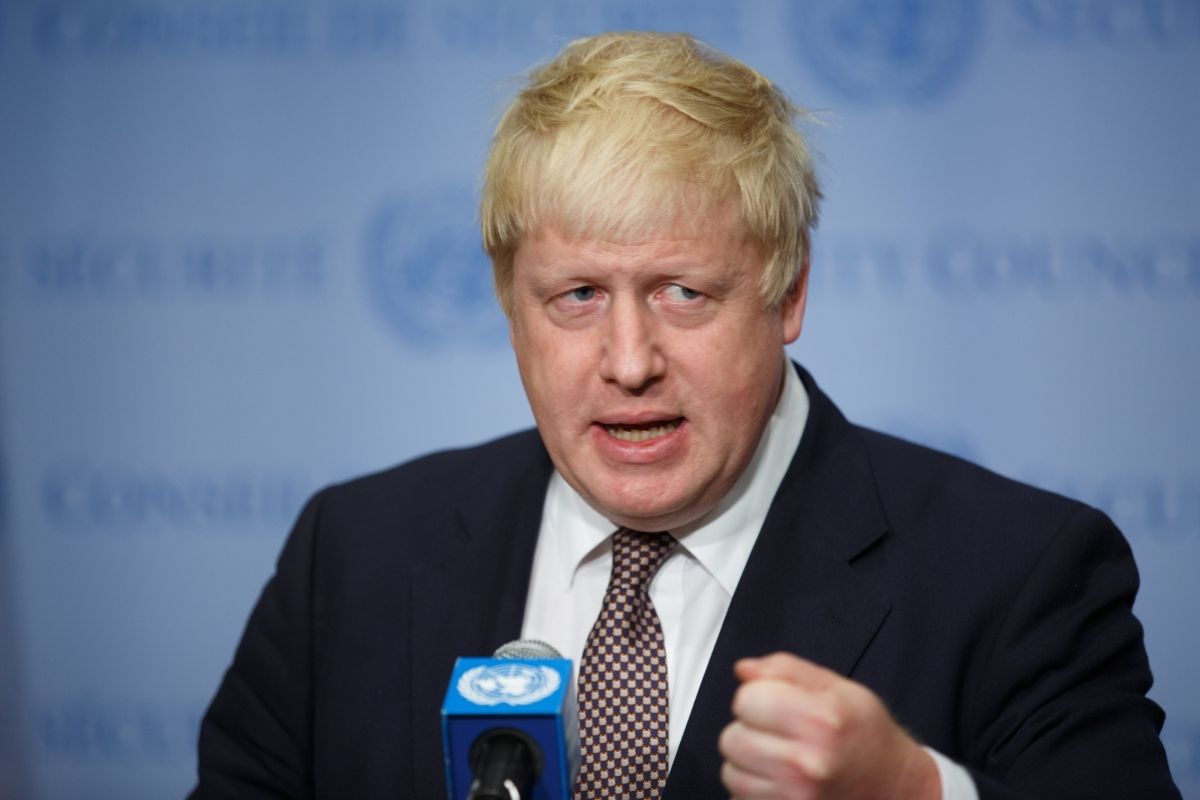UK MP’s on Friday backed Prime Minister Boris Johnson’s plan for Britain to leave the European Union (EU) on January 31.
They voted 358 to 234- a majority of 124- in favour of the EU (Withdrawal Agreement) Bill, which now goes on to further scrutiny in Parliament, the BBC reported.
Advertisement
The bill would also ban an extension of the transition period – during which the UK is out of the EU but follows many of its rules – past 2020.
The Prime Minister said the country was now “one step closer to getting Brexit done”.
Labour leader Jeremy Corbyn told his MPs to vote against the bill, saying there was “a better and fairer way” to leave the EU – but six of them backed the government.
Johnson insists a trade deal with the EU can be in place by the end of the transition period, but critics say this timescale is unrealistic.
On Tuesday, PM Johnson said that it will legislate to ensure a post-Brexit transition period does not extend beyond 2020, sending the pound sinking as the European Union warned of a race against time to agree to new trade terms.
The EU’s chief Brexit negotiator Michel Barnier said the bloc would “do the maximum” to try to agree to a new partnership by the 2020 deadline, and avoid a highly disruptive “no-deal” divorce.
PM Johnson’s government intends to present a bill to parliament this week on Friday to enable Britain to leave the European Union next month.
After Johnson claimed huge victory, European leaders will charge EU negotiator Michel Barnier with negotiating a close trade deal with Britain.
A landslide Conservative win would mark the ultimate failure of opponents of Brexit who plotted to thwart a 2016 referendum vote through legislative combat in parliament and prompted some of the biggest protests in recent British history.
Johnson was re-elected Prime Minister following his landslide victory in the December 12 general election, deemed as one the UK’s most decisive and crucial.
The legislation, which would implement the Brexit agreement the prime minister reached with the EU in October, was introduced in Thursday’s Queen’s Speech, setting out the government’s priorities for the next year.
“Getting Brexit done” turned out to be a useful slogan, and no doubt it helped Boris Johnson win the election.
But almost nothing in politics is truly simple – least of all Brexit.
Labour leader Jeremy Corbyn said that he would stand down as his party faced its worst electoral defeat in 84 years, but he did not set a date for his departure, adding that he would remain in charge during a period of reflection.
(With inputs from agency)











